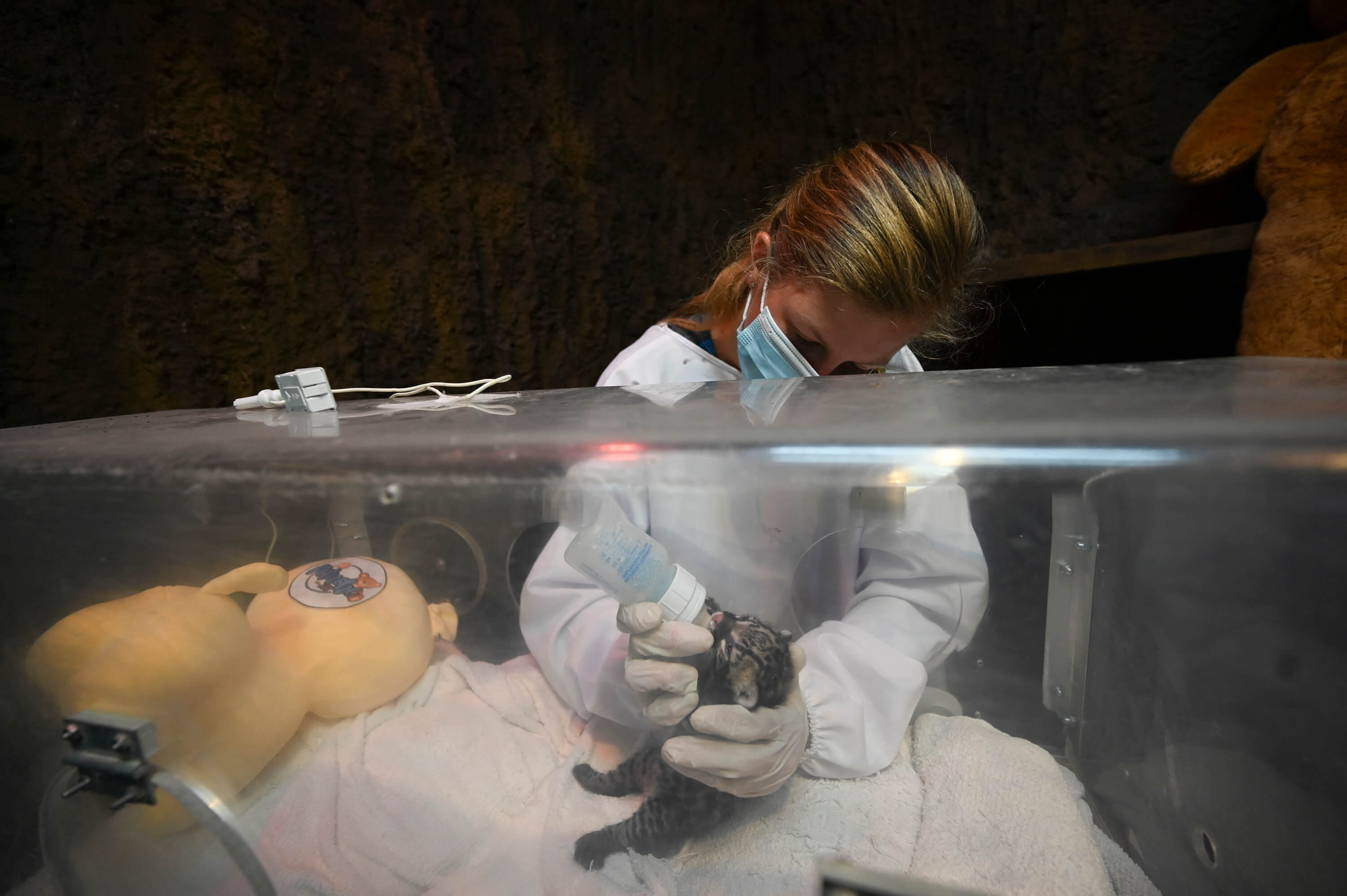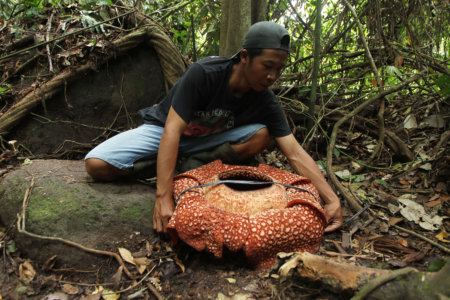
If you love animals, we have good news for you. Zoology is the degree you should be pursuing because it’s focused on the members of the animal kingdom and life in general. It’s a branch of biology that inquires into individual animals and their constituent parts (down to the molecular level) as well as into animal populations, entire faunas, and the relationships of animals to each other, to plants, and to the nonliving environment.
Tracing the roots of zoology leads us to Charles Darwin. The famous zoologist is known as the father of biology. His scientific theory of evolution by natural selection — outlined in his seminal work “On the Origin of Species,” published in 1859 — had three main components: variation occurred randomly among members of a species; children can inherit traits from parents; and individuals with the most favourable traits will survive. This shocked religious Victorian society then, but is now the foundation of modern evolutionary studies.
Another famous zoologist would be Jane Morris Goodall, famous for “talking” and her expertise with chimpanzees. The fierce environmental advocate also established an institute to conserve efforts and advance studies of chimpanzees.
Today, no zoologist is as recognisable as the beloved British naturalist David Attenborough. This English naturalist is known for his famous collaboration with BBC, where he provided his “breathy, awe-struck commentary” to accompany stunning close-ups of nature that has captivated viewers since the 1950s.
If you consider yourself a wildlife advocate and animal lover, a degree in zoology would be the best field of study to get into. Below we take a look at what encompasses a degree in this field and what you can do with it:
What you need beforehand
Biology is the utmost important requirement to study zoology unis will usually need this as one of your subjects including math and another science. A Levels grades needed typically range from CCD to AAB but most unis always ask for BBB. You’ll also need to have passed at least five GCSEs with a minimum grade of C or 4.
Most zoology programmes require you to have studied higher level biology under the International Baccalaureate or equivalent. If English is not your first language, you’ll also have to prove your proficiency in it with your GCSE/IGCSE, IELTS or a legitimate and acceptable qualification.
When writing your personal statement, you need to communicate your passion for this subject and how you can contribute to uni life (being part of student societies here helps!).

When studying zoology, topics you’ll cover are general biology (including microbiology), chemistry, ecology and environmental science. Source: Johan Ordonez/AFP
What you’ll study
Most unis that offer this degree have state-of-the-art laboratories and have you go on field trips to refine your research skills. Topics you’ll cover are: general biology (including microbiology), chemistry, ecology and environmental science. As you further your studies (as with most science courses), you will find a specialty that suits you.
Career possibilities
Ecologists, as you most probably know, are scientists that assess the diversity of organisms within ecosystems. Their average yearly salary is US$77,001. A nature conservation officer educates the public about wildlife. If you’re keen on advocating for animals, you could make US$57,710 a year.
Another cool job with a salary of US$74,066 is an animal nutritionist. You’d be responsible for balancing rations to ensure all the dietary needs of animals under your supervision are met. If you’re into assuming responsibilities for maintaining the health and habitat of animals, you could be a zookeeper. This role at entry-level could earn you US$38,571 a year.










